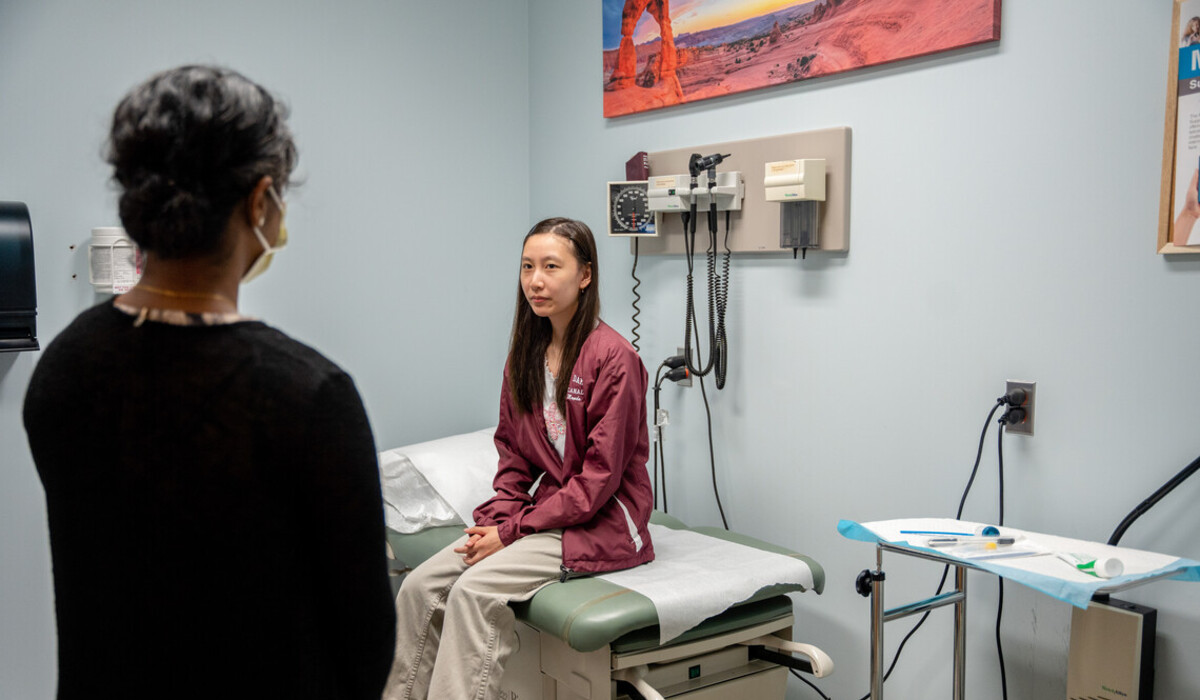Thank you for participating in the MD Program's Observed Structured Clinical Exam (OSCE). As an examiner you play an essential role in assessing our students and ensuring they are prepared for their next phase of training. The resources below will help you prepare for your role.
The faculty development session, recording, and tutor manual were very helpful. I felt well prepared going into it without prior experience, and I felt well supported at the session, with the just-in-time opportunity for coaching.Sacha Agrawal, Assistant Professor, University of Toronto

